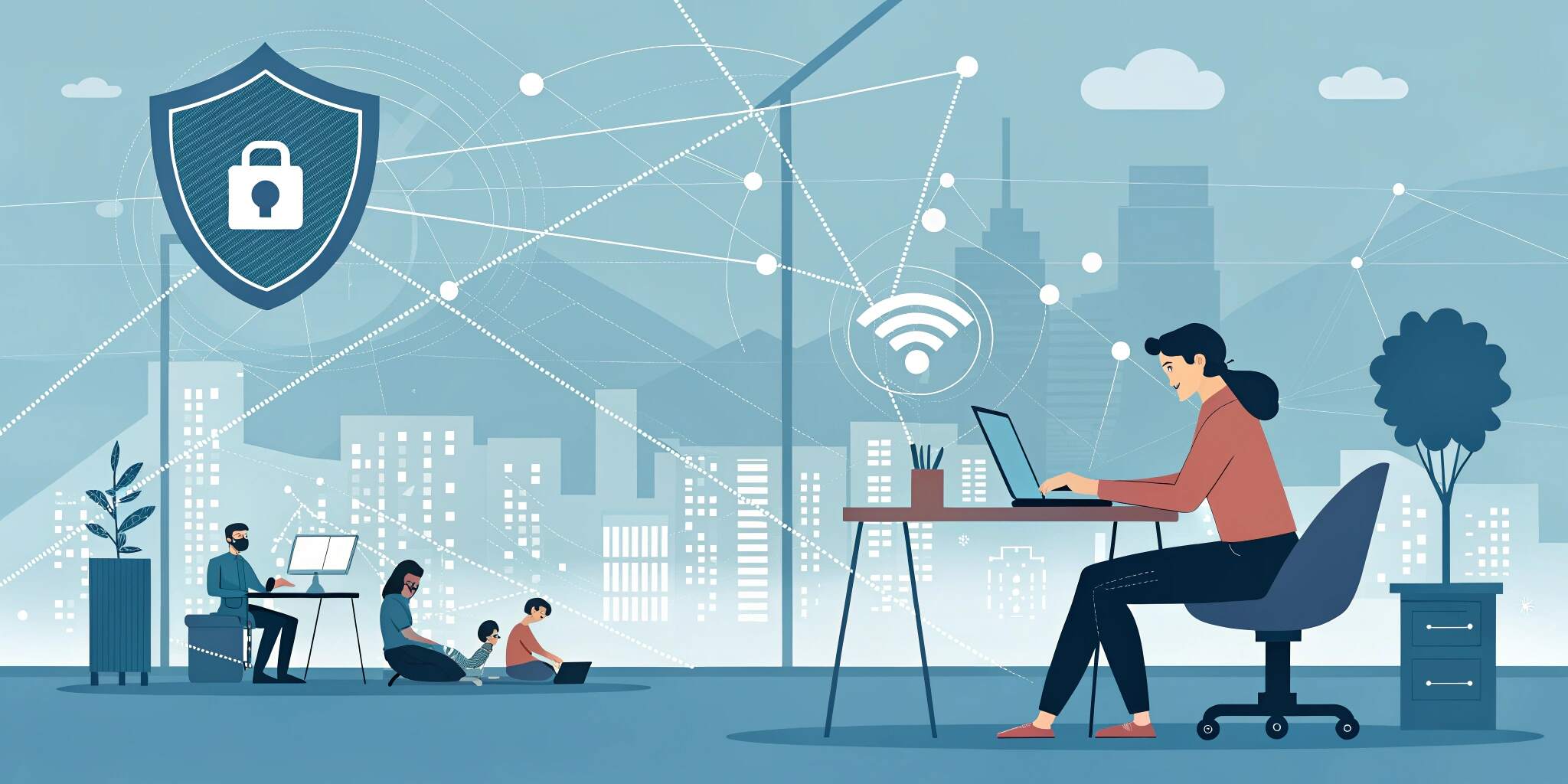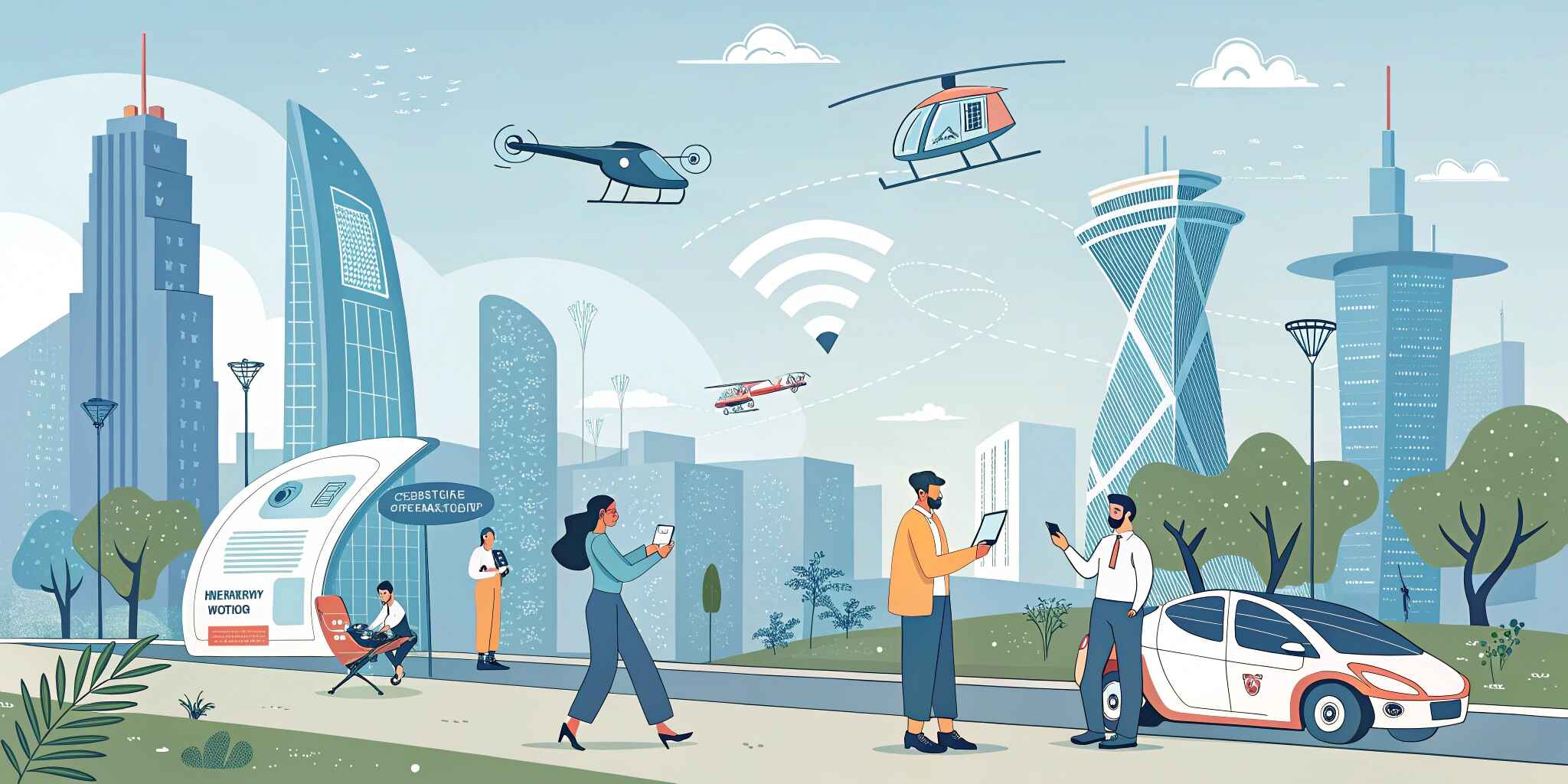Introduction:
The shift to remote work has introduced significant cybersecurity challenges. With employees working from home, coffee shops, and co-working spaces, corporate data now travels across unsecured networks and unmanaged devices. Endpoint security—the practice of securing endpoints like laptops, phones, and tablets—has never been more important.
What Is Endpoint Security?
Endpoint security refers to strategies and tools used to secure end-user devices that connect to a network. These devices are common targets for hackers, and without the protection of corporate firewalls, they become the weakest links in remote IT infrastructure.
Why Endpoint Security Is Critical in Remote Work:
1. Increased Attack Surface
Remote workers operate outside the organization's protected network. This expands the number of vulnerable endpoints and increases the risk of:
- Phishing attacks
- Malware infections
- Data breaches
2. Sensitive Data Exposure
Devices often access confidential files, client information, and internal systems. Without proper encryption and access control, data can be exposed through theft, loss, or insecure networks.
3. Lack of Physical Security
In a remote setting, IT teams can’t control who accesses the devices physically. Lost or stolen laptops can give intruders access to sensitive systems if not properly secured.
4. BYOD (Bring Your Own Device) Risks
Many remote workers use personal devices for work. These devices often lack enterprise-grade security, leaving a gap in the organization’s defense strategy.
5. Unsecured Wi-Fi Connections
Public and home Wi-Fi networks often lack adequate protection, making endpoints susceptible to man-in-the-middle attacks or network snooping.
Best Practices for Endpoint Security in Remote Work
1. Use Endpoint Detection & Response (EDR) Tools
EDR solutions like CrowdStrike, SentinelOne, and Microsoft Defender provide real-time monitoring and threat detection across devices.
2. Enforce Strong Authentication
Implement multi-factor authentication (MFA) and biometric logins to reduce unauthorized access.
3. Enable Full-Disk Encryption
Ensure devices use encryption tools (e.g., BitLocker, FileVault) to protect data in case of device loss or theft.
4. Apply Regular Updates & Patch Management
Keep all operating systems and applications updated to prevent exploitation of known vulnerabilities.
5. Use a Secure VPN
Secure remote connections with enterprise-grade virtual private networks (VPNs) to encrypt data in transit.
6. Set Clear BYOD Policies
Create clear guidelines for using personal devices and enforce security standards (e.g., antivirus, device wiping).
7. Provide Security Awareness Training
Educate employees on identifying phishing emails, suspicious links, and social engineering attempts.
Recommended Tools for Endpoint Security
- CrowdStrike Falcon
- Sophos Intercept X
- Microsoft Defender for Endpoint
- Bitdefender GravityZone
- Cisco AMP for Endpoints
Conclusion:
Endpoint security is the frontline defense in the remote work era. As employees access sensitive systems from anywhere, securing every laptop, tablet, and smartphone becomes non-negotiable. Investing in strong endpoint protection helps prevent costly breaches and ensures business continuity in a flexible, remote-first world.


